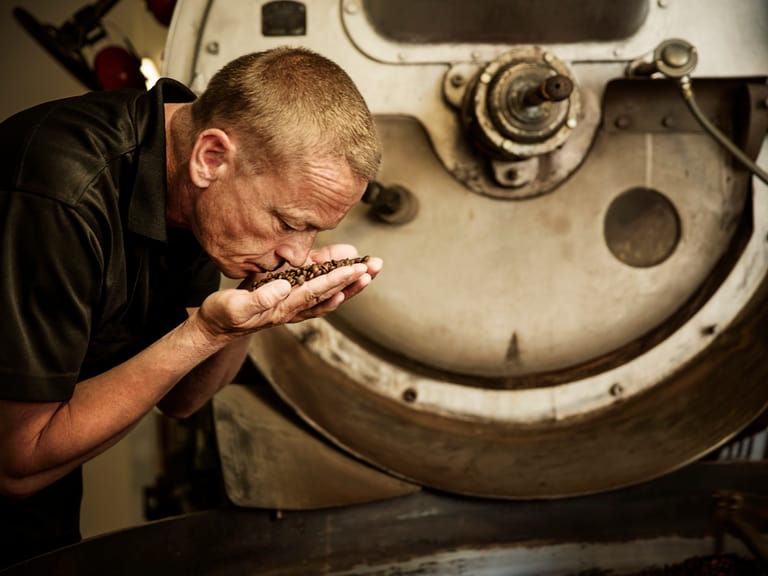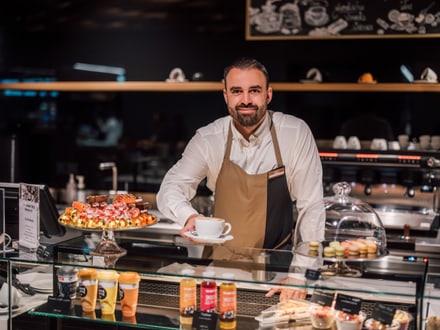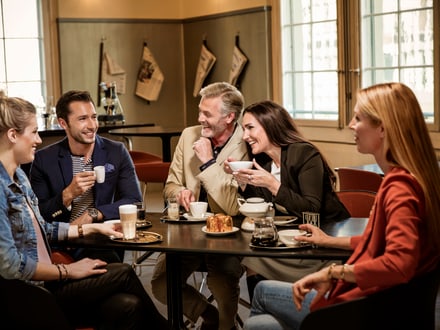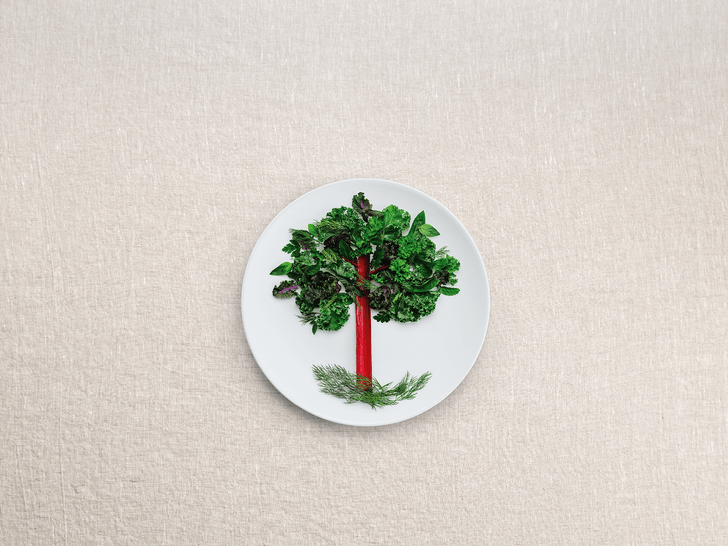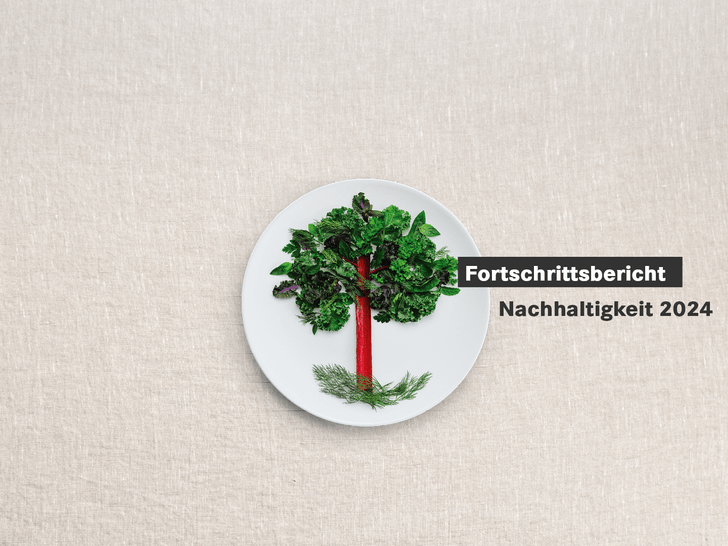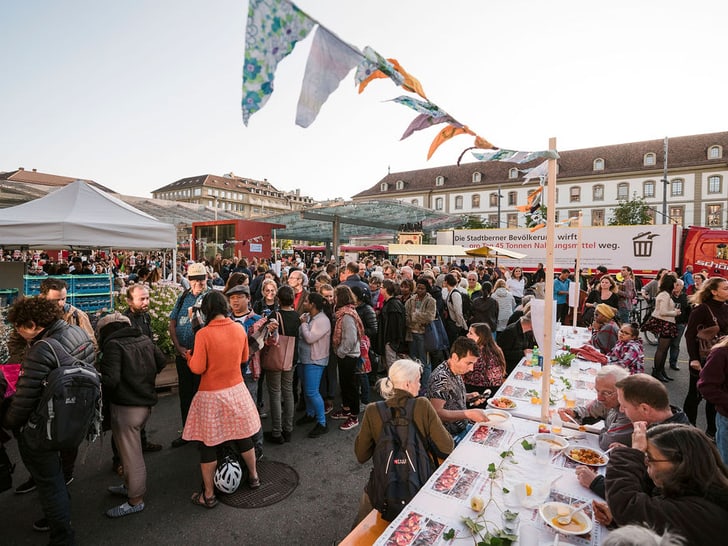Fairtrade Max Havelaar
The Fairtrade label identifies products that are produced and traded under fair conditions. It offers plantation workers and small farmers in Latin America, Africa and Asia the opportunity to sustainably improve their living conditions. Fairtrade plays a particularly important role in the coffee sector: around 80% of the world's coffee comes from around 25 million smallholder families, most of whom farm less than 10 hectares of land. Many of these farmers earn less than 2 dollars a day and face numerous other challenges. By working with Fairtrade Max Havelaar, they can improve their financial situation.
Diverse challenges for coffee farmers
- Climate change: Changes in climate, such as unpredictable rainfall patterns, droughts and rising temperatures, can have a significant impact on coffee production.
- Plant diseases and pests: Diseases such as coffee rust and pests such as the coffee cherry weevil can destroy harvests and reduce the quality of the coffee.
- Price fluctuations: The world market price for coffee fluctuates wildly, plunging small farmers into financial uncertainty.
- Weak negotiating position: Small farmers who are not organized in cooperatives are often at the mercy of local traders and have no access to market and price information.
- Poverty trap: Due to small cultivation areas and low yields, many coffee farming families are caught in a poverty trap.
- Market dominance: The coffee supply chain is dominated by a few multinational corporations that control 45% of the coffee market.
- Sustainability: Implementing sustainable farming practices can be costly and labor intensive, although necessary in the long term.
- Rising costs: Rising agricultural and household costs, often triggered by economic crises, place an additional burden on coffee farming families.
- Political and economic instability: Political unrest and economic instability in the coffee-growing regions can make coffee cultivation even more difficult.
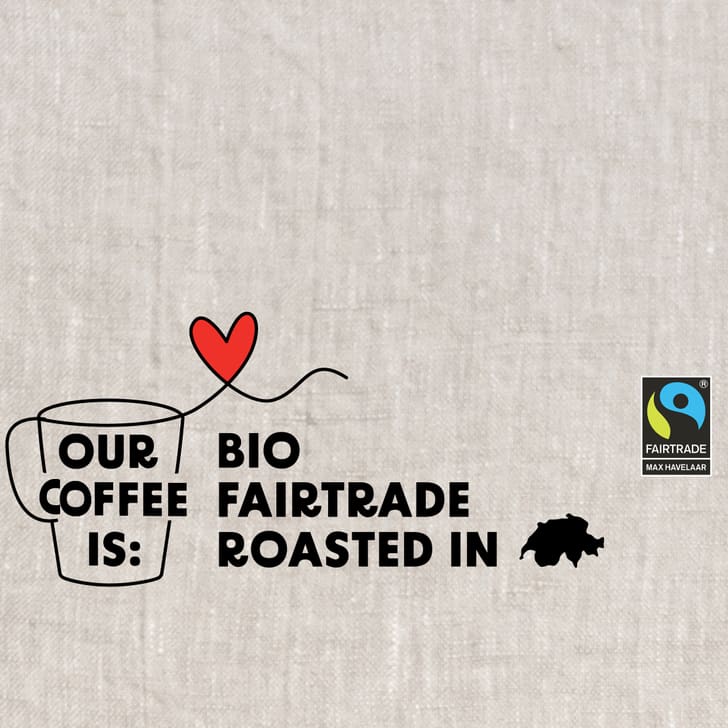
.jpg)
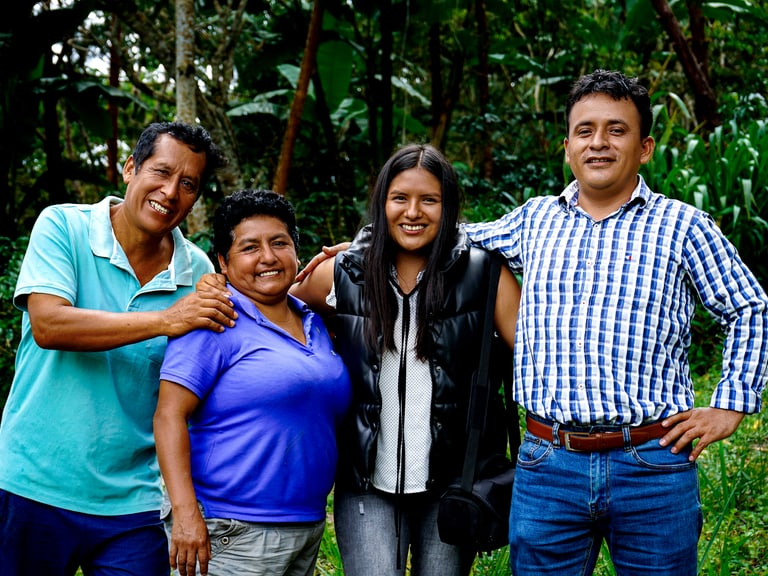
.jpg)
